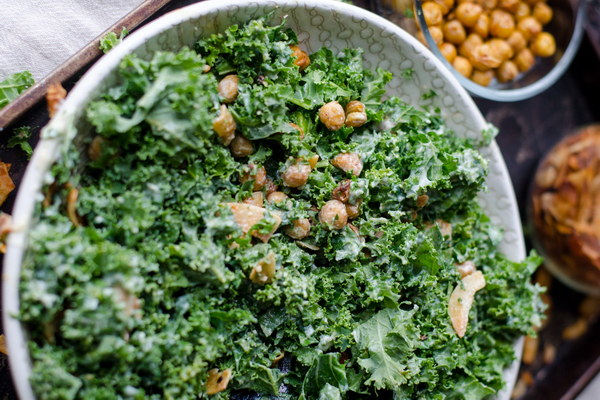Optimizing Liver Health Natural Remedies for High Uric Acid Levels
Introduction:
High uric acid levels, also known as hyperuricemia, can lead to various health complications, including kidney stones and gout. Maintaining a healthy liver is essential in managing high uric acid levels, as the liver plays a crucial role in filtering and metabolizing uric acid. This article will explore natural remedies and lifestyle adjustments to help protect and support liver health for individuals with high uric acid levels.
1. Diet and Nutrition:
A well-balanced diet is vital in managing high uric acid levels and supporting liver health. The following dietary recommendations can help reduce uric acid levels and protect the liver:
a. Limit Purine-Rich Foods: Purines are organic compounds found in many foods, and when they break down, they produce uric acid. To reduce uric acid levels, it's essential to limit the intake of purine-rich foods, such as red meat, organ meats, seafood, and beer.

b. Increase Water Intake: Drinking plenty of water can help flush out excess uric acid from the body, reducing the risk of kidney stones and supporting liver function.
c. Include Antioxidant-Rich Foods: Foods rich in antioxidants can help reduce oxidative stress and protect the liver. Include fruits like berries, vegetables like spinach, and nuts like walnuts in your diet.
d. Choose Healthy Fats: Opt for healthy fats, such as those found in olive oil, avocados, and nuts, to support liver health and reduce inflammation.
2. Exercise:
Regular exercise can help manage high uric acid levels and improve overall liver function. Aim for at least 30 minutes of moderate-intensity exercise, such as walking, cycling, or swimming, most days of the week. Exercise can help reduce uric acid levels by promoting weight loss, increasing uric acid excretion through urine, and improving overall metabolic health.
3. Limit Alcohol Consumption:
Excessive alcohol consumption can lead to liver damage and exacerbate high uric acid levels. It's essential to limit alcohol intake, especially for individuals with liver conditions such as non-alcoholic fatty liver disease (NAFLD).
4. Natural Remedies:
Several natural remedies can help support liver health and manage high uric acid levels:
a. Milk Thistle: Milk thistle is an herbal supplement known for its liver-protective properties. It contains silymarin, a compound that helps reduce oxidative stress and inflammation in the liver.
b. Turmeric: Turmeric contains curcumin, a powerful antioxidant and anti-inflammatory compound. It can help reduce uric acid levels and support liver function.
c. Berberine: Berberine is a natural compound found in certain plants, such as goldenseal and barberry. It has been shown to reduce uric acid levels and improve liver function in individuals with hyperuricemia.
d. Green Tea: Green tea contains catechins, which have antioxidant and anti-inflammatory properties. Regular consumption of green tea may help reduce uric acid levels and protect the liver.
5. Regular Monitoring and Consultation:
Regular monitoring of uric acid levels and liver function is crucial in managing high uric acid levels. It's essential to consult with a healthcare professional to determine the best treatment plan and to ensure that any natural remedies or lifestyle adjustments are safe and effective.
Conclusion:
High uric acid levels can lead to various health complications, including liver damage. By adopting a healthy diet, exercising regularly, limiting alcohol consumption, and incorporating natural remedies, individuals with high uric acid levels can protect and support their liver health. Regular monitoring and consultation with a healthcare professional are essential to ensure the best management of hyperuricemia and its potential complications.









